山口敬之レイプ容疑もみ消し疑惑
https://ameblo.jp/miraihamassugumiteruyo/entry-12340677351.html
2017-12-31 16:47:49 Hikaruの井戸端放送局
Junko Alemayehu-Izumi
山口レイプ事件!
これはすごい!ニュヨークタイムズが長文の詳しい内容を一挙掲載。
英語読めない人は以下の文章をコピーペーストしてグーグル翻訳に投入して読んでみてください!
ーーーend--
という事なのですがグーグル翻訳では意味が分からないので訳しました。
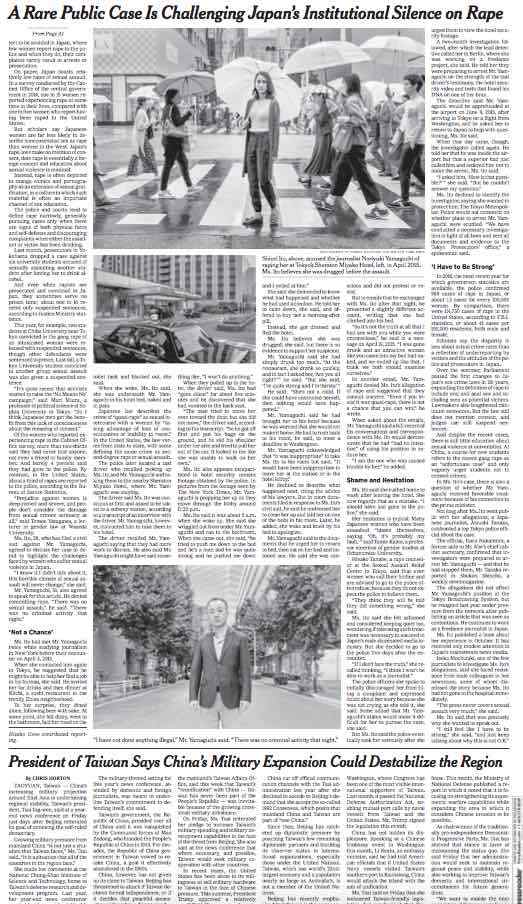
^--- 引用ーー
TOKYO — It was a spring Friday night when one of Japan’s best-known television journalists invited Shiori Ito out for a drink. Her internship at a news service in Tokyo was ending, and she had inquired about another internship with his network.
金曜日の晩、日本の有名なテレビジャーナリストの一人が伊織詩織さんを飲みに誘いました。 東京での新サービスでのインターンシップを終了した彼女は、彼のネットワークで他のインターンシップについて問い合わせていたからです。
They met at a bar in central Tokyo for grilled chicken and beer, then went to dinner. The last thing she remembers, she later told the police, was feeling dizzy and excusing herself to go to the restroom, where she passed out.
彼らは東京都心のバーで焼き鳥とビールを食べ、その後夕食に行きました。 彼女が最後に覚えてる事は、彼女は後に警察に話たように、めまいを感じて、トイレで気を失ったと話しています。
By the end of the night, she alleged, he had taken her back to his hotel room and raped her while she was unconscious.
真夜中に、彼のホテルの部屋に連れて行かれ、無意識のうちに彼女を強姦したと申し立てしています。
The journalist, Noriyuki Yamaguchi, the Washington bureau chief of the Tokyo Broadcasting System at the time and a biographer of Prime Minister Shinzo Abe, denied the charge and, after a two-month investigation, prosecutors dropped the case.
山内敬之氏は当時の東京放送局のワシントン局長で、安倍晋三首相の自叙伝記者です、彼はこの告訴を否定し、2ヶ月の調査の結果、検察官は不起訴にしました。
Then Ms. Ito decided to do something women in Japan almost never do: She spoke out.
それで、伊藤さんは、日本ではほとんど何もしないことを決心しました。彼女は言いました。
In a news conference in May and a book published in October, she said the police had obtained hotel security camera footage that appeared to show Mr. Yamaguchi propping her up, unconscious, as they walked through the hotel lobby.
5月の記者会見と10月に出版された本で、
彼女は警察は
山口さんが無意識の彼女を引きずっていた一部始終のホテルの警備カメラ映像を入手したと言いました。
The police also located and interviewed their taxi driver, who confirmed that she had passed out. Investigators told her they were going to arrest Mr. Yamaguchi, she said — but then suddenly backed off.
Elsewhere, her allegations might have caused an uproar. But here in Japan, they attracted only a smattering of attention.
警察はまた、タクシー運転手を見つけて事情聴取して、タクシー運転手から、彼女は意識がなかったことを確認していました。 調査官は山口容疑者を逮捕しようとしていたと彼女は言ってましたが、突然取りやめになりました。
他の場所では彼女の主張が騒動を引き起こしたかもしれなですが、しかし、日本では、僅かな注目しかありませんでした。
As the United States reckons with an outpouring of sexual misconduct cases that have shaken Capitol Hill, Hollywood, Silicon Valley and the news media, Ms. Ito’s story is a stark example of how sexual assault remains a subject to be avoided in Japan, where few women report rape to the police and when they do, their complaints rarely result in arrests or prosecution.
米国で、キャピトルヒル、ハリウッド、シリコンバレー、ニュースメディアを揺るがした性的虐待事件が出現したことを考えると、伊藤さんの話は、日本では性的暴行が疎んじられている問題の例です。警察に強姦を報告する女性はほとんどなく、逮捕や告訴を受けることはめったにありません。
On paper, Japan boasts relatively low rates of sexual assault. In a survey conducted by the Cabinet Office of the central government in 2014, one in 15 women reported experiencing rape at some time in their lives, compared with one in five women who report having been raped in the United States.
日本では、 2014年に政府内閣府が実施した調査では、米国でレイプされたと報告した5人の女性の1人に比べて、15人の女性のうちの1人が被害という、性的暴行率が比較的低いことがわかっています。
But scholars say Japanese women are far less likely to describe nonconsensual sex as rape than women in the West. Japan’s rape laws make no mention of consent, date rape is essentially a foreign concept and education about sexual violence is minimal.
しかし、学者たちは、日本の女性は、西洋の女性よりも、無実の性行為として、レイプとして記述する可能性がはるかに低いと言います。 日本の強姦法は同意を言及しておらず、強姦は本質的に外国の概念であり、性暴力に関する教育は最小限なのです。
Instead, rape is often depicted in manga comics and pornography as an extension of sexual gratification, in a culture in which such material is often an important channel of sex education.
The police and courts tend to define rape narrowly, generally pursuing cases only when there are signs of both physical force and self-defense and discouraging complaints when either the assailant or victim has been drinking.
むしろ、強姦は、しばしば性的教育の重要な文化チャネルにおいて、
性的快楽の延長としてマンガコミックやポルノに描かれています。
警察や裁判所は、強姦を狭義に定義する傾向があり、
一般的に事件を追求するのは、物理的な力と自衛の両方の兆候があり、
加害者または犠牲者が飲酒したときに苦情を抑える場合のみです。
Last month, prosecutors in Yokohama dropped a case against six university students accused of sexually assaulting another student after forcing her to drink alcohol.
先月、横浜の検察は、アルコールを飲ませた後、
6人の大学生から性的虐待を受けたとされたる事件を取り下げました。
And even when rapists are prosecuted and convicted in Japan, they sometimes serve no prison time; about one in 10 receive only suspended sentences, according to Justice Ministry statistics.
そして、強姦犯が日本で起訴され、有罪判決を受けた時でさえ、
時には刑務所に服役することもないのです。
司法省の統計によると、約10分の1が執行猶予を受けるだけなのです。
This year, for example, two students at Chiba University near Tokyo convicted in the gang rape of an intoxicated woman were released with suspended sentences, though other defendants were sentenced to prison. Last fall, a Tokyo University student convicted in another group sexual assault was also given a suspended sentence.
今年は、東京の近くの千葉大学の2人の学生が酔っぱらった女性のギャング・レイプで釈放され、
他の被告が刑務所に刑を言い渡されましたが、執行猶予付きで釈放されました。
昨年秋、別のグループの性的暴力で有罪判決を受けた東京大学の学生にも執行猶予が与えられました。
“It’s quite recent that activists started to raise the ‘No Means No’ campaign,” said Mari Miura, a professor of political science at Sophia University in Tokyo. “So I think Japanese men get the benefit from this lack of consciousness about the meaning of consent.”
ソフィア大学の政治学教授、三浦真理氏は、
「活動家たちが「ノー・ミーンズ・ノー」キャンペーンを開始したのは非常に最近のことで、
日本の男性は、同意の意味について、この意識の欠如から利益を得ると思う」と言っています。
Of the women who reported experiencing rape in the Cabinet Office survey, more than two-thirds said they had never told anyone, not even a friend or family member. And barely 4 percent said they had gone to the police. By contrast, in the United States, about a third of rapes are reported to the police, according to the Bureau of Justice Statistics.
内閣府調査で強姦を経験した女性のうち、
3分の2以上が、友人や家族でさえ、誰にも話したことがないと答えました。
そして、わずか4%が警察に行ったと言いました。
対照的に、米国では、司法統計局によると、約3分の1の強姦が警察に報告されています。
“Prejudice against women is deep-rooted and severe, and people don’t consider the damage from sexual crimes seriously at all,” said Tomoe Yatagawa, a lecturer in gender law at Waseda University.
Ms. Ito, 28, who has filed a civil suit against Mr. Yamaguchi, agreed to discuss her case in detail to highlight the challenges faced by women who suffer sexual violence in Japan.
早稲田大学ジェンダー法の講師である玉川智和氏は、
「女性に対する偏見は根強く深刻であり、
性犯罪による被害はまったく考慮されていない」と語っています。
山口氏に対する民事訴訟を提起した伊藤さん(28)は、
日本で性的暴力を受けている女性が直面する課題を強調するため、
事件について詳細に話し合うことで合意しました。
“I know if I didn’t talk about it, this "horrible climate of sexual assault will never change,” she said.
私はそれについて話をしなかった場合
性的暴行のこの恐ろしい犯罪は決して変化しないだろう"と彼女は言いました。
Mr. Yamaguchi, 51, also agreed to speak for this article. He denied committing rape. “There was no sexual assault,” he said. “There was no criminal activity that night.”
Not a Chance’
山口さん(51歳)もこの記事の発言に同意してますが、
彼はレイプを否定し。 "性的暴力はなかった"と彼は言いきって
"その夜、犯罪活動はなかった。"
チャンスではないと言っています。
Ms. Ito had met Mr. Yamaguchi twice while studying journalism in New York
before their encounter on April 3, 2015.
伊藤さんは2015年4月3日にニューヨークでジャーナリズムを学ぶ前に山口さんに2回会ってます。
When she contacted him again in Tokyo, he suggested that he might be able to help her find a job in his bureau, she said. He invited her for drinks and then dinner at Kiichi, a sushi restaurant in the trendy Ebisu neighborhood.
To her surprise, they dined alone, following beer with sake. At some point, she felt dizzy, went to the bathroom, laid her head on the toilet tank and blacked out, she said.
彼女は東京で再び彼に連絡したとき、
彼は働いてる局で仕事を見つけるのを助けることができるかもしれないと示唆した、と彼女は話しています。
彼はトレンディな恵比寿地区の寿司レストランKiichiでドリンクと夕食に招待しました。
驚いたことに、貸し切りで、ビールの後に酒を飲んで、食事をしてました。
ある時点で、彼女はめまいを感じ、
トイレに行って、トイレに頭を横たえ真っ暗になったと彼女は話しています。
When she woke, Ms. Ito said, she was underneath Mr. Yamaguchi in his hotel bed, naked and in pain.
伊藤さんは、ホテルのベッドで山口氏の下になり、痛みを感じて、目が覚めたと言っています。
Japanese law describes the crime of “quasi-rape” as sexual intercourse with a woman by “taking advantage of loss of consciousness or inability to resist.” In the United States, the law varies from state to state, with some defining the same crime as second-degree rape or sexual assault.
日本の法律では "準強姦"
女性との性交「意識の喪失や抵抗できないことを利用する」となっています。
米国では、法律は州ごとに異なりますが、
いくつかは第2度の強姦または性的暴力と同じ犯罪を定義しています。
The police later located a taxi driver who recalled picking up Ms. Ito and Mr. Yamaguchi and taking them to the nearby Sheraton Miyako Hotel, where Mr. Yamaguchi was staying.
警察は後に、山口さんが泊まっていた近くのシェラトン都ホテルに
伊藤さんと山口さんを連れて行ったタクシー運転手を呼んでいます。
The driver said Ms. Ito was conscious at first and asked to be taken to a subway station, according to a transcript of an interview with the driver.
運転手の事情聴取によると、
伊藤さんは最初は意識があり、地下鉄の駅に連れて行くよう求めたという。
Mr. Yamaguchi, however, instructed him to take them to his hotel.
しかし、山口さんはホテルに連れて行くように指示しました。
The driver recalled Mr. Yamaguchi saying that they had more work to discuss. He also said Mr. Yamaguchi might have said something like, “I won’t do anything.”
運転手は、山口氏はより多くの議論が必要だと言ったことを思い出しました。
彼はまた、山口さんは「何もしない」と言ったかもしれないと言いました。
When they pulled up to the hotel, the driver said, Ms. Ito had “gone silent” for about five minutes and he discovered that she had vomited in the back seat.
伊藤さんは彼らがホテルに引きずり入れた約5分間「黙っていた」と話し、
後部座席に嘔吐していたのを見つけています。
“The man tried to move her over toward the door, but she did not move,” the driver said, according to the transcript. “So he got off first and put his bags on the ground, and he slid his shoulder under her arm and tried to pull her out of the car. It looked to me like she was unable to walk on her own.”
供述書によると「男は彼女をドアに向かって動かそうとしたが、動かなかった」と、ドライバーは言いました。 そこで彼は最初に降りて、鞄を地面に置き、肩を自分の腕の下に滑り込ませ、彼女を車から引き出そうとしたと
彼女は自力で歩くことができなかった模様です。
Ms. Ito also appears incapacitated in hotel security camera footage obtained by the police.
伊藤さんも、警察が取得したホテルの警備カメラ映像では意識不明に見えます。
In pictures from the footage seen by The New York Times, Mr. Yamaguchi is propping her up as they move through the lobby around 11:20 p.m.
ニューヨークタイムズ紙のスクープ映像では、
山口さんは11時20分頃にロビーを移動しながら彼女を引き上げていました。
Ms. Ito said it was about 5 a.m. when she woke up.
午前5時頃伊藤さんは目が覚めました。
She said she wriggled out from under Mr. Yamaguchi and ran to the bathroom.
彼女が言ってるように山口氏の下から逃れてバスルームに走りました。
When she came out, she said, “he tried to push me down to the bed and he’s a man and he was quite strong and he pushed me down and I yelled at him.”
出てきた彼女は、
「私をベッドに押しつけようとしたが、彼は男だ。彼はかなり強く、私を押しつけて、私は彼に叫んだ」と
She said she demanded to know what had happened and whether he had used a condom.
彼女は何が起こったのか、そして彼がコンドームを使用していたのかどうかを尋ねました。
He told her to calm down, she said, and offered to buy her a morning-after pill.
Instead, she got dressed and fled the hotel.
彼は落ち着くように彼女に言った、と彼女に避妊薬を買うことを申し出ました。
むしろ、彼女は服を着てホテルから逃げました。
Ms. Ito believes she was drugged, she said, but there is no evidence to support her suspicion.
Mr. Yamaguchi said she had simply drunk too much. “At the restaurant, she drank so quickly, and in fact I asked her, ‘Are you all right?’” he said. “But she said, ‘I’m quite strong and I’m thirsty.’”
伊藤さんは、彼女がレイプドラッグだと信じているが、
彼女の疑惑を裏付ける証拠はない、と彼女は言ってます。
山口さんは、単に飲み過ぎていると言いました。
レストランでは、彼女はとても素早く飲みました。
実際、私は彼女に「大丈夫ですか?」と尋ねました。
しかし、彼女は『私は非常に強く、私は喉が渇いている』言ったのです。
He said: “She’s not a child. If she could have controlled herself, then nothing would have happened.”
Mr. Yamaguchi said he had brought her to his hotel because he was worried that she would not make it home. He had to rush back to his room, he said, to meet a deadline in Washington.
Mr. Yamaguchi acknowledged that “it was inappropriate” to take Ms. Ito to his room but said, “It would have been inappropriate to leave her at the station or in the hotel lobby.”
彼の弁明は
『彼女は子供ではない。 彼女が自分自身をコントロールできたなら、何も起こらなかっただろう』
山口さんは、帰宅しないと心配としてホテルに連れて行ったという。
ワシントンの締め切りに間に合うように、彼は部屋に戻らなければならなかった、と彼は言った。
山口さんは、伊藤さんを部屋に連れて行くことは
「不適切だった」と言ったが、「駅やホテルのロビーに彼女を残すのも不適切だっただろう」と
He declined to describe what happened next, citing the advice of his lawyers.
彼は、彼の弁護士のアドバイスを引用して、次に何が起こったのか記述しなかった。
But in court documents filed in response to Ms. Ito’s civil suit, he said he undressed her to clean her up and laid her on one of the beds in his room. Later, he added, she woke and knelt by his bed to apologize.
しかし、伊藤容疑者の民事訴訟で提起された裁判所の書類では、
彼は服を脱がせて自分の部屋のベッドの一つに寝かせ。
その後、彼女はベッドで目を覚ましてひざまずき、謝罪したと彼は付け加えた。
Mr. Yamaguchi said in the documents that he urged her to return to bed, then sat on her bed and initiated sex. He said she was conscious and did not protest or resist.
But in emails that he exchanged with Ms. Ito after that night, he presented a slightly different account, writing that she had climbed into his bed.
山口さんは記述で、ベッドに戻ってベッドに座ってセックスを開始するように促したと語った。
彼は意識的で抗議も抵抗もしていないと言いました。
しかし、その夜、伊藤さんとやりとりした電子メールでは、少し違った説明をして、
彼はベッドに上っていたと書いていた。
“So it’s not the truth at all that I had sex with you while you were unconscious,” he said in a message on April 18, 2015. “I was quite drunk and an attractive woman like you came into my bed half naked, and we ended up like that. I think we both should examine ourselves.”
「あなたが無意識のうちに私があなたとセックスしたことはまったく真実ではありません」
と彼は2015年4月18日のメッセージで語った。
「私はかなり酔っていて、あなたのような魅力的な女性が裸の私のベッドに入った。 私たちはそのように終わった。 私たちはどちらも自分自身を調べなければならないと思う」
In another email, Mr. Yamaguchi denied Ms. Ito’s allegation of rape and suggested that they consult lawyers. “Even if you insist it was quasi-rape, there is not a chance that you can win,” he wrote.
When asked about the emails, Mr. Yamaguchi said a full record of his conversations and correspondence with Ms. Ito would demonstrate that he had “had no intention” of using his position to seduce her.
“I am the one who was caused trouble by her,” he added.
別のEメールで、伊藤さんの強姦疑惑を否定し、弁護士に相談するよう提案した。
「準強姦だと主張しても、勝つチャンスはありません」と彼は書いています。
電子メールについて質問されたとき、
山口さんは、伊藤さんとの会話と対応の記録は、
彼を誘惑するために自分の立場を使う意思がないことを実証したと言いました。
「私は彼女に悩まされた人だ」と彼は付け加えた。
Shame and Hesitation
恥と躊躇
Ms. Ito said she rushed home to wash after leaving the hotel. She now regards that as a mistake. “I should have just gone to the police,” she said.
伊藤さんは、ホテルを出た後、家に帰ってきて洗濯したと言いました。 彼女は今それを間違いとみなしています。 「警察に行くべきだった」と彼女は言いました。
Her hesitation is typical.
彼女の躊躇は典型的です。
Many Japanese women who have been assaulted “blame themselves, saying, ‘Oh, it’s probably my fault,’” said Tamie Kaino, a professor emeritus of gender studies at Ochanomizu University.
Hisako Tanabe, a rape counselor at the Sexual Assault Relief Center in Tokyo, said that even women who call their hotline and are advised to go to the police often refuse, because they do not expect the police to believe them.
お茶の水女子大学の男女研究の名誉あるタミエ・カイノ氏は
暴行された多くの日本人女性は「おそらく自分のせいだ」と泥をかぶっています。
東京都内の性暴力救済センターのレイプカウンセラーである田辺久子氏は、
ホットラインに電話して警察に行くように勧められている女性でさえ、
警察がそれらを信じることを期待していないため、
しばしば拒否しているという。
“They think they will be told they did something wrong,” she said.
Ms. Ito said she felt ashamed and considered keeping quiet too, wondering if tolerating such treatment was necessary to succeed in Japan’s male-dominated media industry. But she decided to go to the police five days after the encounter.
「彼らは間違っていると言われると思う」と彼女は語った。
伊藤さんは、日本の男性主導のメディア業界で成功するためには、
そのような扱いを容認することが必要かどうか疑問に思って、
恥ずかしいと感じ、静かにしていると考えていたという。
しかし、彼女は出会いの5日後に警察に行くことに決めました。
If I don’t face the truth,” she recalled thinking, “I think I won’t be able to work as a journalist.”
「真実に直面しなければ、私はジャーナリストとして働くことはできないだろう」と思い返しました。
The police officers she spoke to initially discouraged her from filing a complaint and expressed doubt about her story because she was not crying as she told it, she said.
彼女が話したように泣いていなかったので、
最初に彼女が話した警察官は、彼女が苦情を提起するのをやめて、
彼女の話について疑念を表明した、と彼女は言った。
Some added that Mr. Yamaguchi’s status would make it difficult for her to pursue the case, she said.
一部の人は、山口氏の地位は、彼女が事件を追求することを困難にするだろう、と彼女は言った。
But Ms. Ito said the police eventually took her seriously after she urged them to view the hotel security footage.
しかし、伊藤さんは、ホテルの警備映像を見て欲しいと訴えた後、結局、警察は真剣になってくれた。
A two-month investigation followed, after which the lead detective called her in Berlin, where she was working on a freelance project, she said. He told her they were preparing to arrest Mr. Yamaguchi on the strength of the taxi driver’s testimony, the hotel security video and tests that found his DNA on one of her bras.
2ヶ月の調査が続いた後、フリー・プロジェクトに取り組んでいたベルリンに居た時、
刑事捜査官から彼女に電話連絡があって、
彼はタクシー運転手の証言、ホテルの警備ビデオ、
そして自分の寝椅子に彼のDNAを見つけたテストの強さで
山口さんを逮捕する準備をしていると彼女に言ってました。
The detective said Mr. Yamaguchi would be apprehended at the airport on June 8, 2015, after arriving in Tokyo on a flight from Washington, and he asked her to return to Japan to help with questioning, Ms. Ito said.
伊藤氏は、捜査官が、
「山口氏は2015年6月8日にワシントンからの飛行で東京に到着した後、空港で逮捕されるので、
帰国して質問するように彼女に頼んだ」と、言っている。
When that day came, though, the investigator called again.
しかし、その日が来たとき、捜査官から再び電話がありました。
He told her that he was inside the airport but that a superior had just called him and ordered him not to make the arrest, Ms. Ito said
彼は空港にいると言ったが、上司は彼に電話をして逮捕しないよう命じたという。
伊藤さんは言った。
“I asked him, ‘How is that possible?’” she said. “But he couldn’t answer my question.”
私は彼に「それはどうやってできるの?」と訊きました。
"しかし、彼は私の質問に答えることができませんでした。"
Ms. Ito declined to identify the investigator, saying she wanted to protect him.
伊藤さんは、捜査官を特定することを拒否し、捜査官を保護したいと言った。
The Tokyo Metropolitan Police would not comment on whether plans to arrest Mr. Yamaguchi were scuttled. “We have conducted a necessary investigation in light of all laws and sent all documents and evidence to the Tokyo Prosecutors’ office,” a spokesman said.
東京都警察は、山口容疑者の逮捕計画を断念したかどうかについては言及しなかった。
「すべての法律に照らして必要な調査を行い、すべての文書と証拠を東京検察に送った」と広報担当者は語った。
‘I Have to Be Strong’
「私は強くなければならない」
In 2016, the most recent year for which government statistics are available, the police confirmed 989 cases of rape in Japan, or about 1.5 cases for every 100,000 women. By comparison, there were 114,730 cases of rape in the United States, according to F.B.I. statistics, or about 41 cases per 100,000 residents, both male and female.
Scholars say the disparity is less about actual crime rates than a reflection of underreporting by victims and the attitudes of the police and prosecutors in Japan.
政府の統計が入手できる最新の2016年に、警察は日本でレイプ989件、女性10万人につき約1.5件を確認した。 比較すると、F.B.Iによると、米国では114,730件のレイプがあった。
男性または女性の住民10万人あたり約41件の症例が報告されています。
奨学生らは、被害者の過小報告や日本の警察や検察官の態度を反映したものよりも、実際の犯罪率は格差が少ないと言います。
Over the summer, Parliament passed the first changes to Japan’s sex crime laws in 110 years, expanding the definition of rape to include oral and anal sex and including men as potential victims. Lawmakers also lengthened minimum sentences. But the law still does not mention consent, and judges can still suspend sentences.
夏の間、議会は、110年後の日本の性犯罪法への最初の変更を受け入れ、レイプに口腔および肛門性交を含むように定義し、潜在的な犠牲者として男性を含めるようにした。 議員はまた、最小限の文章を長くした。 しかし、法律は依然として同意は言及せず、判事は文章を停止することができます。
And despite the recent cases, there is still little education about sexual violence at universities. At Chiba, a course for new students refers to the recent gang rape as an “unfortunate case” and only vaguely urges students not to commit crimes.
最近の事例にもかかわらず、大学での性暴力に関する教育はまだほとんどありません。 千葉では、新入生のためのコースは、最近のギャング・レイプを「不幸なケース」と呼んでおり、犯罪をしないように漠然と促すだけです。
In Ms. Ito’s case, there is also a question of whether Mr. Yamaguchi received favorable treatment because of his connection to the prime minister.
伊藤さんの場合、山口さんが首相との関係で好意的な扱いを受けたのかどうかという疑問もあります。
Not long after Ms. Ito went public with her allegations, a Japanese journalist, Atsushi Tanaka, confronted a top Tokyo police official about the case.
日本のジャーナリスト、田中篤氏は、伊藤さんが告発された頃から、東京警察当局と対立しています。
The official, Itaru Nakamura, a former aide to Mr. Abe’s chief cabinet secretary, confirmed that investigators were prepared to arrest Mr. Yamaguchi — and that he had stopped them, Mr. Tanaka reported in Shukan Shincho, a weekly newsmagazine.
警視庁刑事部長・中村格氏(元安倍晋三官房長官補佐官)は、
調査官が山口氏を逮捕する準備ができていることを確認して、
- そして、彼はそれらを止めていた、
田中さんは週刊新聞で週刊ニュースマガジンに掲載した。
The allegations did not affect Mr. Yamaguchi’s position at the Tokyo Broadcasting System, but he resigned last year under pressure from the network after publishing an article that was seen as contentious. He continues to work as a freelance journalist in Japan.
この疑惑は、東京支局での山口氏の立場には影響しなかったが、昨年、議論の対象となった記事を発表した後、ネットワークからの圧力で辞任した。 彼は日本でフリー・ジャーナリストとして働いています。
Ms. Ito published a book about her experience in October. It has received only modest attention in Japan’s mainstream news media.
伊藤さんは10月に彼女の経験についての本を出版しました。 日本の主流ニュースメディアではそれほど注目されていません。
Isoko Mochizuki, one of the few journalists to investigate Ms. Ito’s allegations, said she faced resistance from male colleagues in her newsroom, some of whom dismissed the story because Ms. Ito had not gone to the hospital immediately.
伊藤さんの主張を調査している数少ないジャーナリストの一人である望月氏は、
伊藤さんがすぐに病院に行かなかったため、
ニュースを却下してる男性同僚に抵抗していると話しています。
The press never covers sexual assault very much,” she said.
『報道は性的暴行をまったくカバーしていない 』と彼女は言いました。
Ms. Ito said that was precisely why she wanted to speak out.
“I still feel like I have to be strong,” she said, “and just keep talking about why this is not O.K.”
『私はまだ強くなければならないような気がします』と伊藤氏は言いました。
『そして、なぜこれがダメなのか話し続けます』と!
=~=翻訳 HIKARU=~=
続き☛https://www.nytimes.com/2017/12/29/world/asia/japan-rape.html
Elsewhere, her allegations might have caused an uproar. But here in Japan, they attracted only a smattering of attention.
ーーーend--^







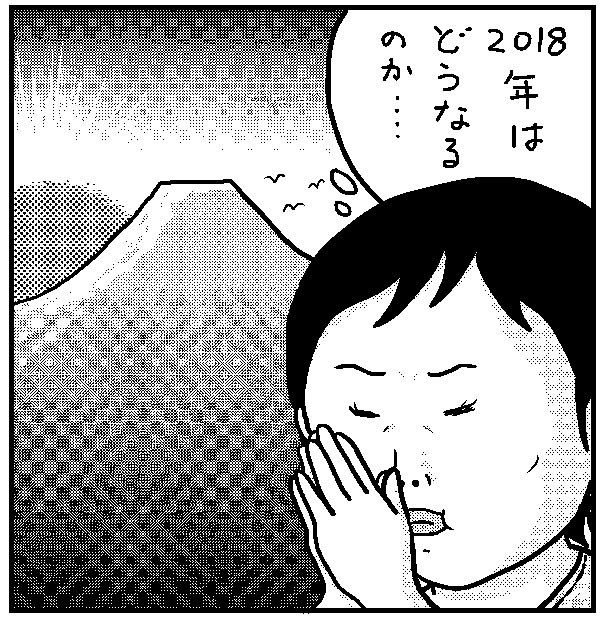



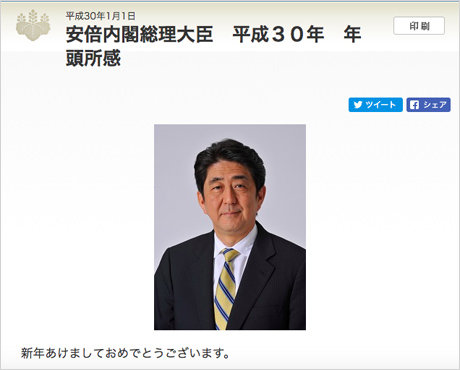
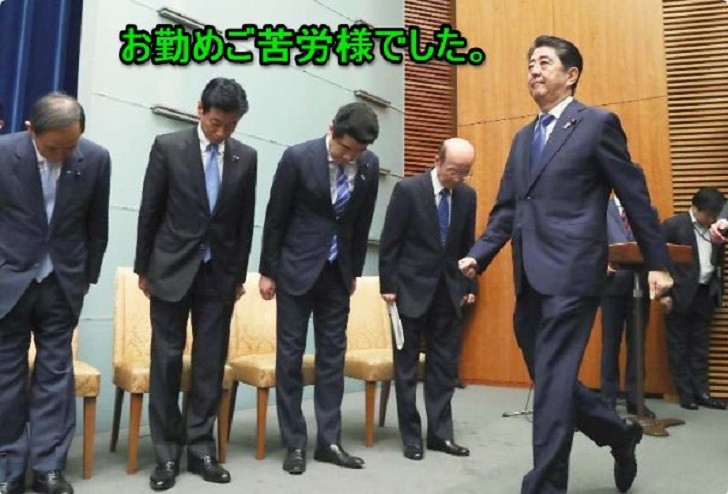


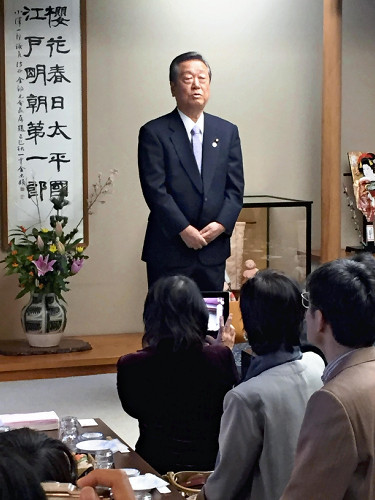

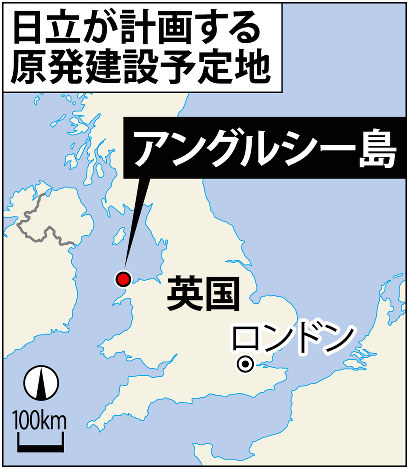
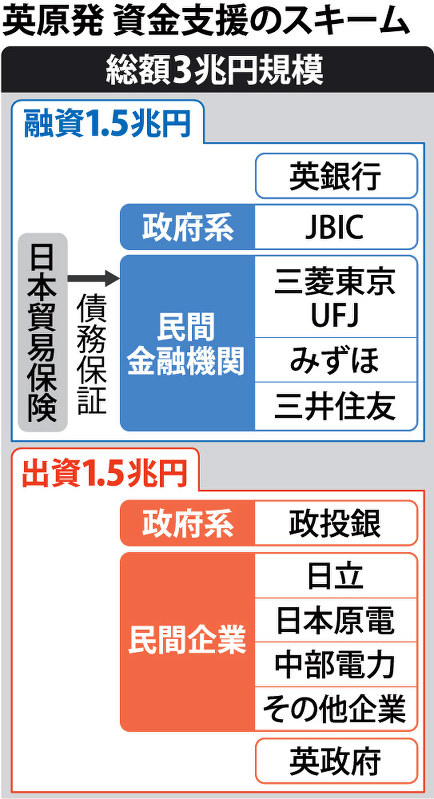
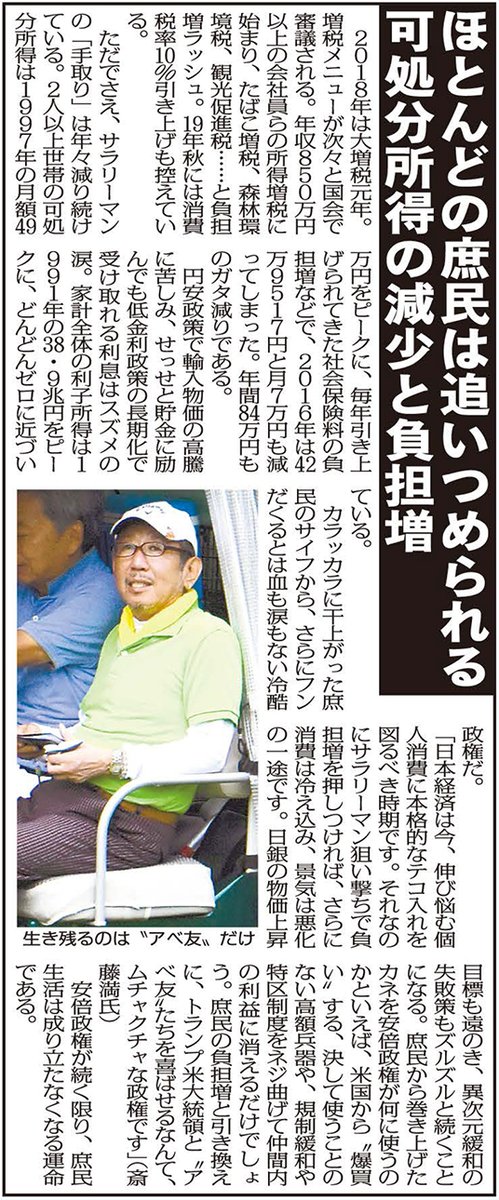

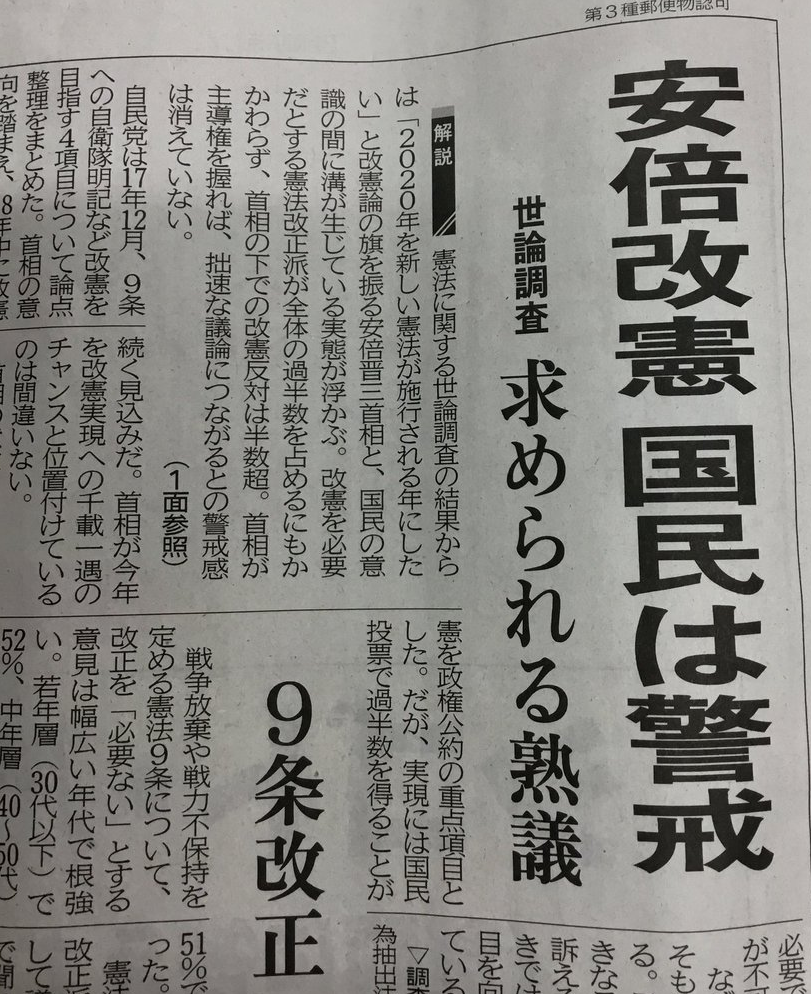
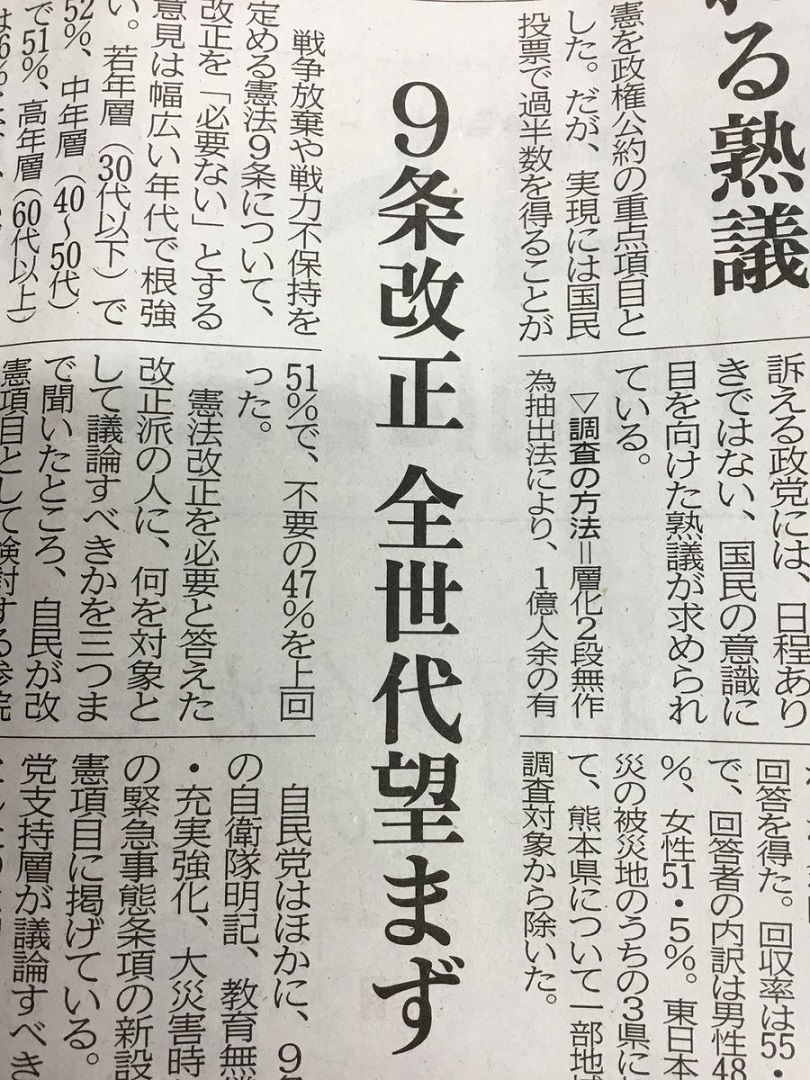
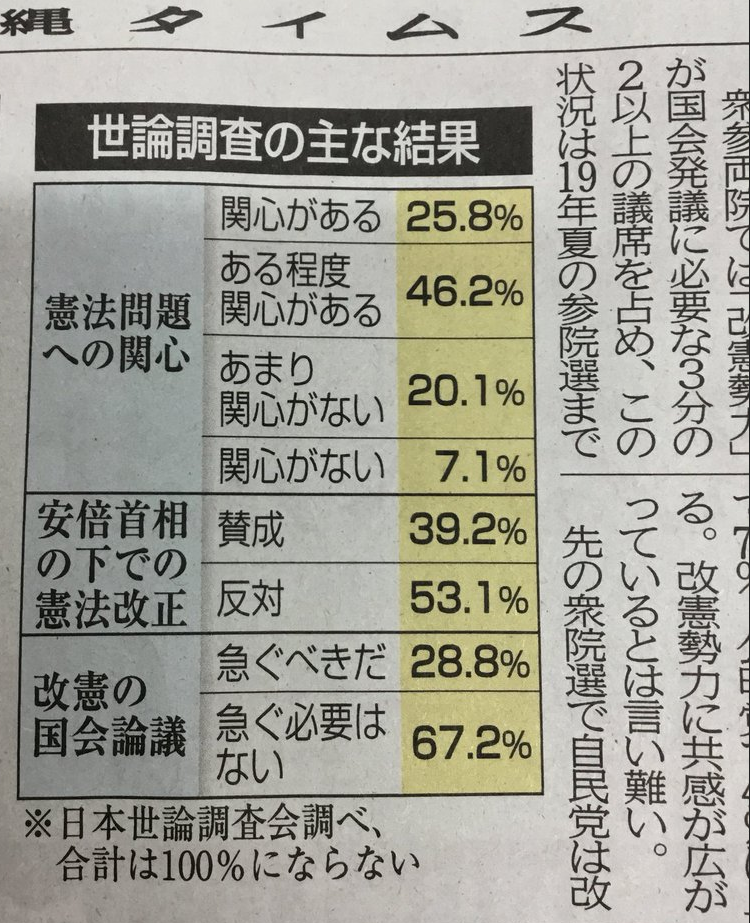


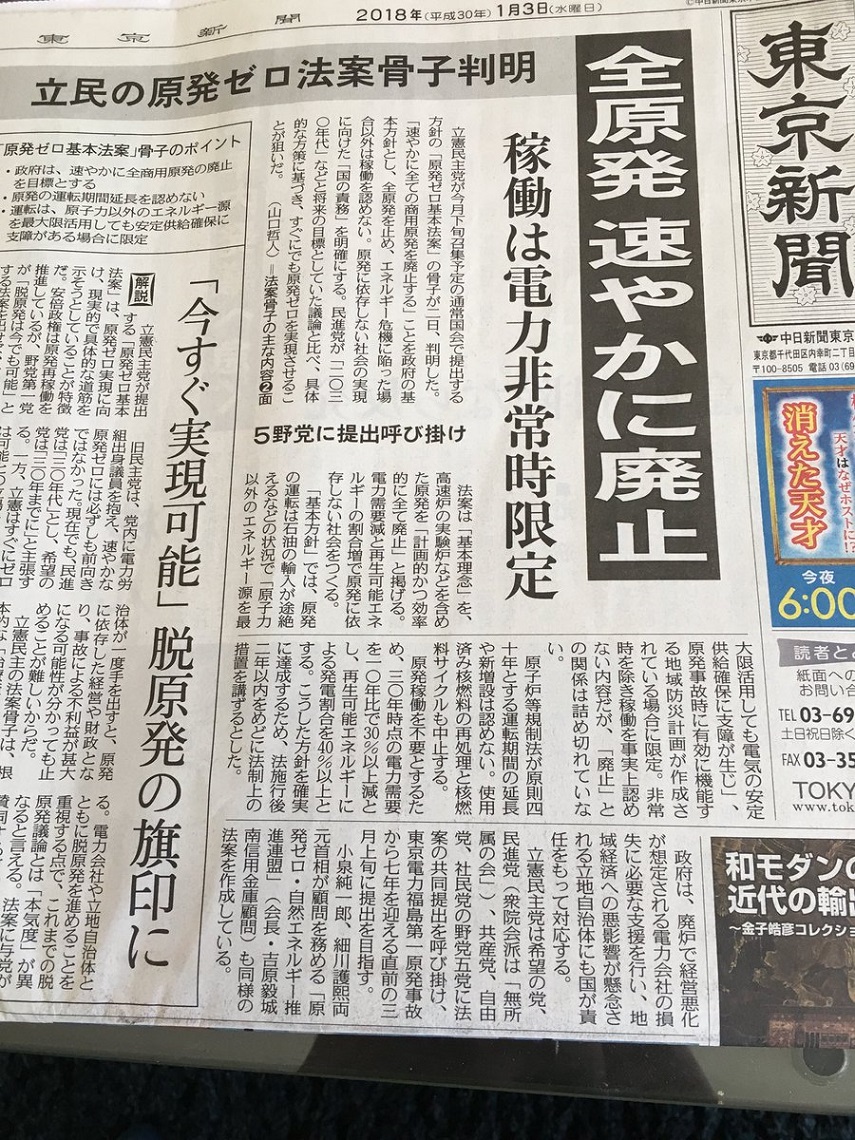
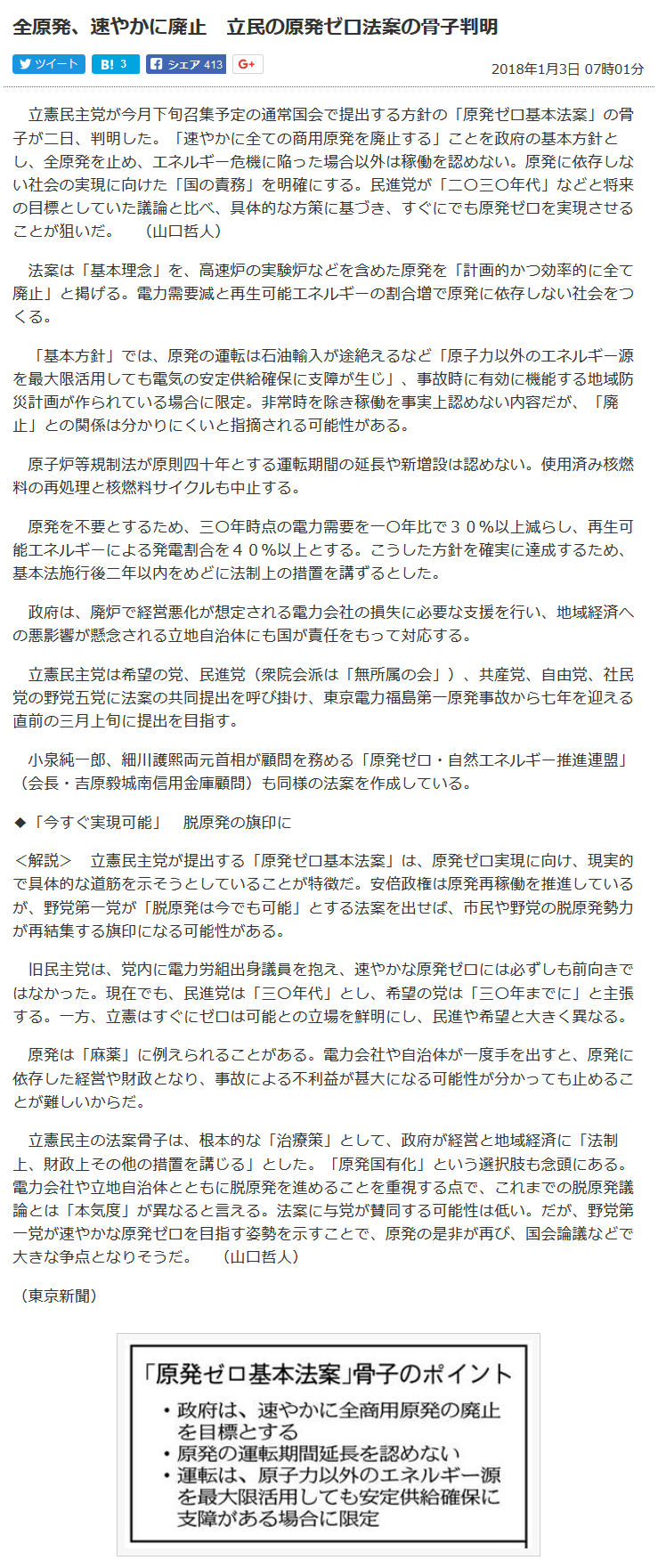
 題名には必ず「阿修羅さんへ」と記述してください。
題名には必ず「阿修羅さんへ」と記述してください。